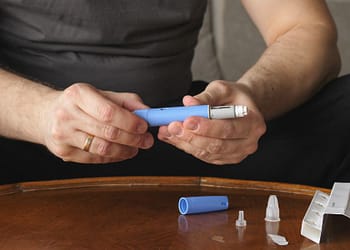Galicia has managed to self-certify its Antibiotic Use Optimization Program (PROA) in all areas of primary care, a historic advance in Spain.
The Galician Health Service (Sergas) has become the first autonomous community to obtain this certification in its seven health areas. This achievement, synchronized at a regional level, represents compliance with 18 essential standards and reflects a firm commitment to optimizing the use of antibiotics.
Self-certification involves the development of goals and planned activities for the coming year. These include: ongoing training, dissemination of antibiotic consumption reports and surveillance of bacterial resistance are crucial to mitigating the impact of resistant bacteria.
More than 160 professionals involved
The success of the PROA programme in Galicia is possible thanks to the collaboration of more than 160 professionals. The multidisciplinary teams are made up of pharmacists, paediatricians, microbiologists, emergency doctors, infectious disease specialists, primary care doctors and nursing staff.
These teams work on training activities and the creation of specific protocols. They also create epidemiological maps that allow the design of local antimicrobial treatment guidelines, improving clinical decisions and adapting them to the reality of each healthcare area.
A global threat
Antibiotic resistance is one of the biggest threats to public health. In Europe, it causes 33,000 deaths a year and generates an additional expenditure of 1.5 billion euros. If left unchecked, it is estimated that by 2025, annual deaths from previously curable infections will exceed 40,000.
The National Plan against Antimicrobial Resistance, coordinated by the Spanish Medicines Agency, establishes the PROA programs as key tools. Its objective is to optimize the prescription of antibiotics, control resistance and guarantee effective and sustainable treatments.
Quality and standards in prescription
Compliance with quality standards in prescription is essential for PROA programs. These standards, developed within the National Plan, guarantee homogeneous and comparable practices in the use of antimicrobials.
In addition to reducing global antibiotic consumption, the indicators prioritize the use of narrow-spectrum drugs, avoiding the abuse of broad-spectrum drugs. This strategy is key to controlling the emergence of resistance.
Galicia, a model to follow
Galicia is positioned as a national benchmark in the implementation of PROA at the community level. Its progress not only improves the quality of care in the region, but also paves the way for a comprehensive strategy against bacterial resistance.






